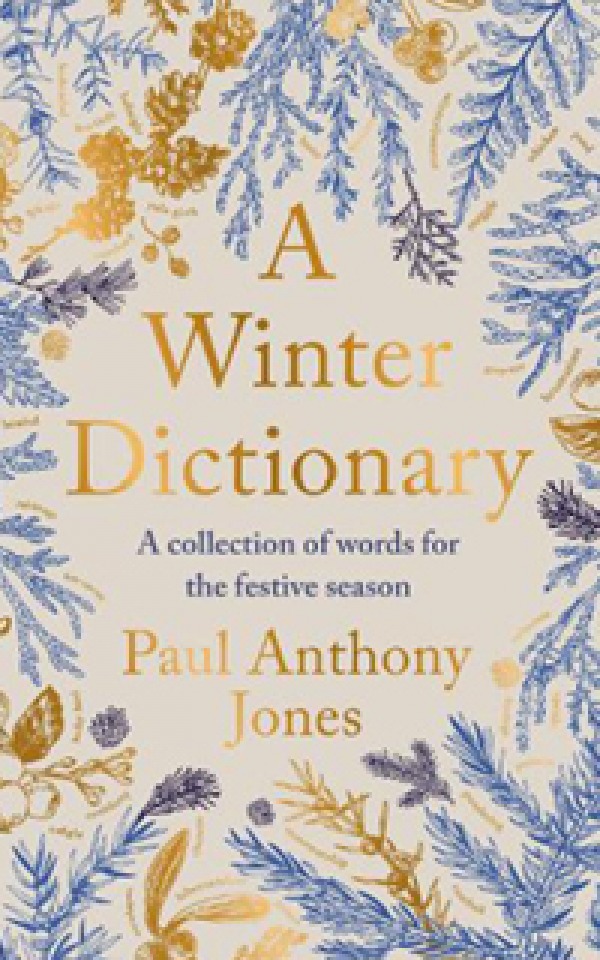
Meet The Local Author Who Has Written a Treasure Trove of Wintry Words
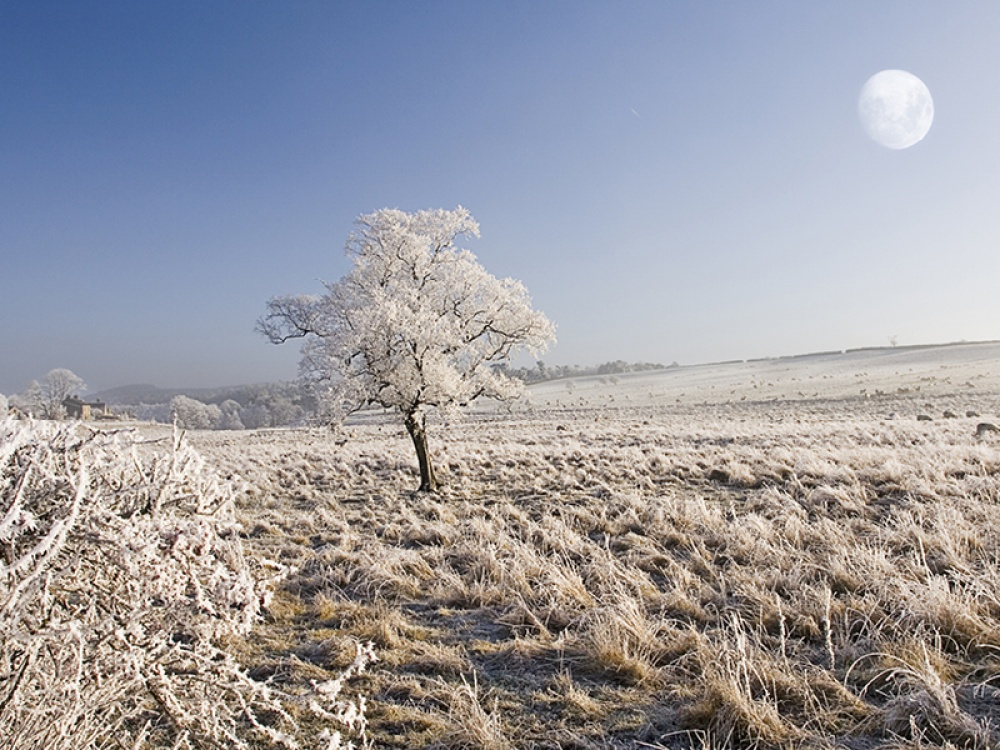
Newcastle-based author Paul Anthony Jones's new book, A Winter Dictionary, is an incredible compendium of wintry words that have been lost to time
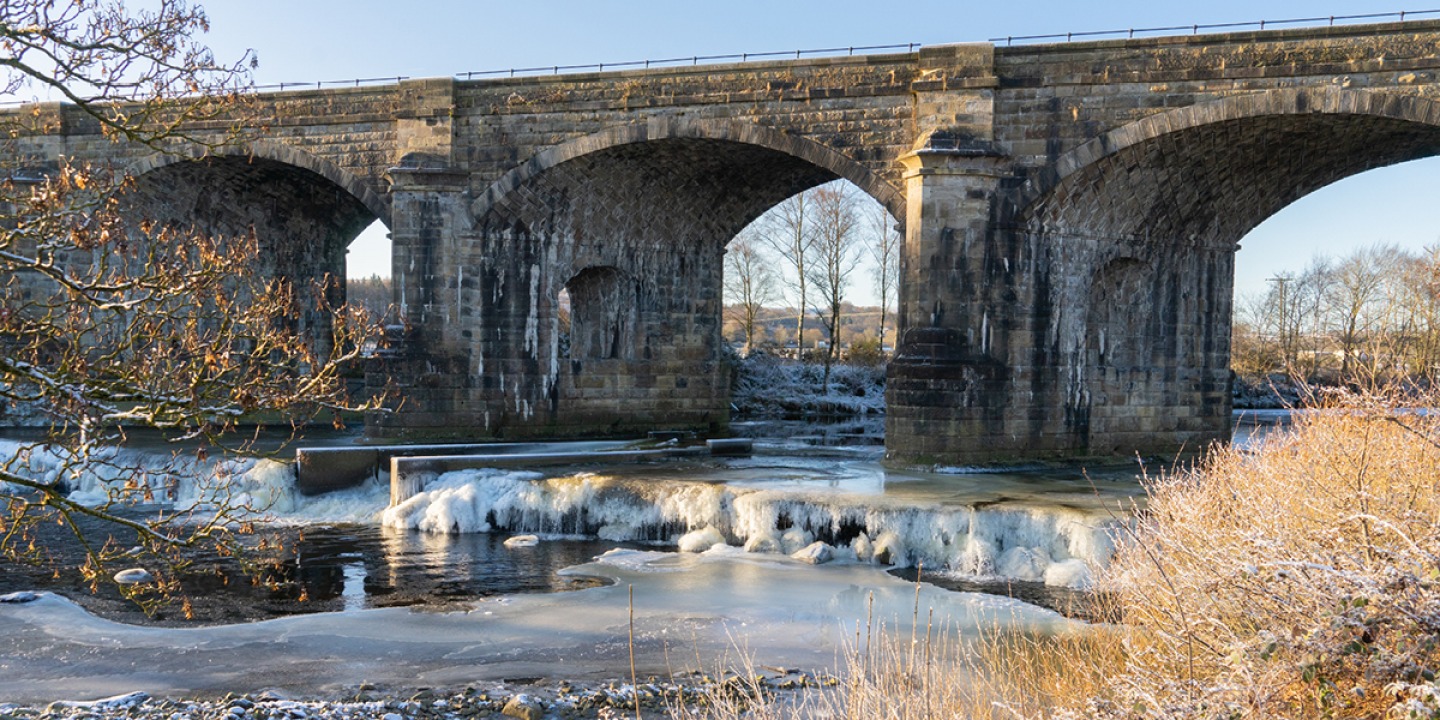
Have you ever thrown a Christmas party where your guests turn up with guests of their own, and you’re suddenly hosting complete strangers? There’s a word for that (and it’s more than four letters): xenodochy. How about that one friend who’s only funny after you’ve got a few drinks into them, or the long lines of untouched snow on the road that lie between the tyre tracks? Yes there are words for those too, pot-wit and snow-bones. Obsessed with linguistics (and determined to make it fun) Paul Anthony Jones has compiled around 350 winter words which have fallen out of use over the years, but remain as relevant as ever.
Fascinated by words from a young age, Paul studied English Language all the way to postgraduate level, but it lacked the passion and humour he wanted. ‘I was sick of sitting in classrooms, and just wanted to tell people about all the stuff I was finding out. That was when I started blogging about language, word origins, word history, and it took off from there,’ he explains. ‘I just found a little niche on the internet and have been doing it ever since. It’s the best job in the world for a word nerd like me.’
After writing an article about old and obscure Christmas words just for fun, he decided to take it a step further. ‘I started piecing together a list and thought I’d find maybe 50 or 60 words, but after a couple of weeks I’d found about 400, so definitely had enough for a book.’ A Winter Dictionary is a great companion for darker nights, covering everything from the changing of the seasons and our many words for weather, to the lead up to Christmas, Christmas Day and that murky period before the year begins all over again.
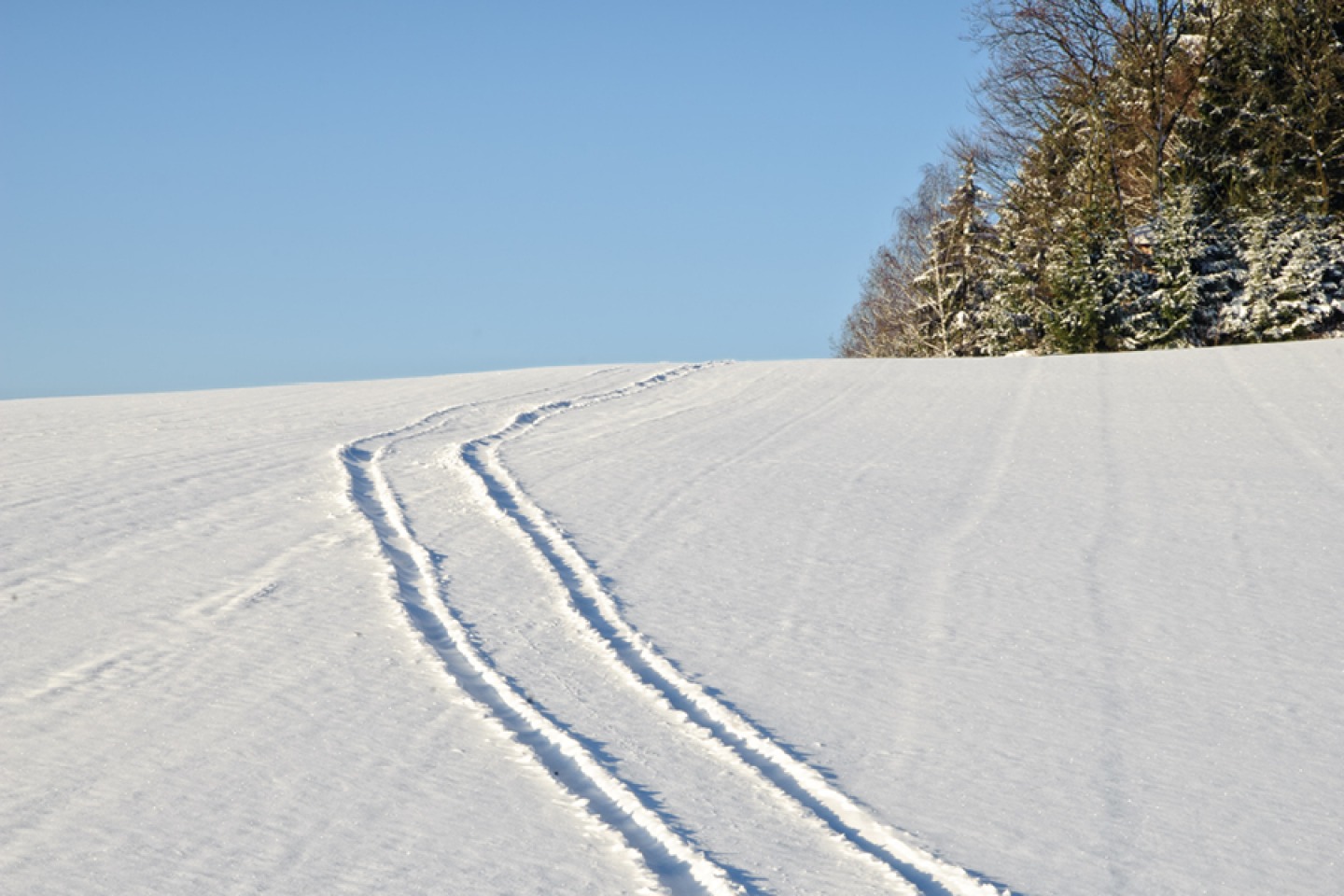
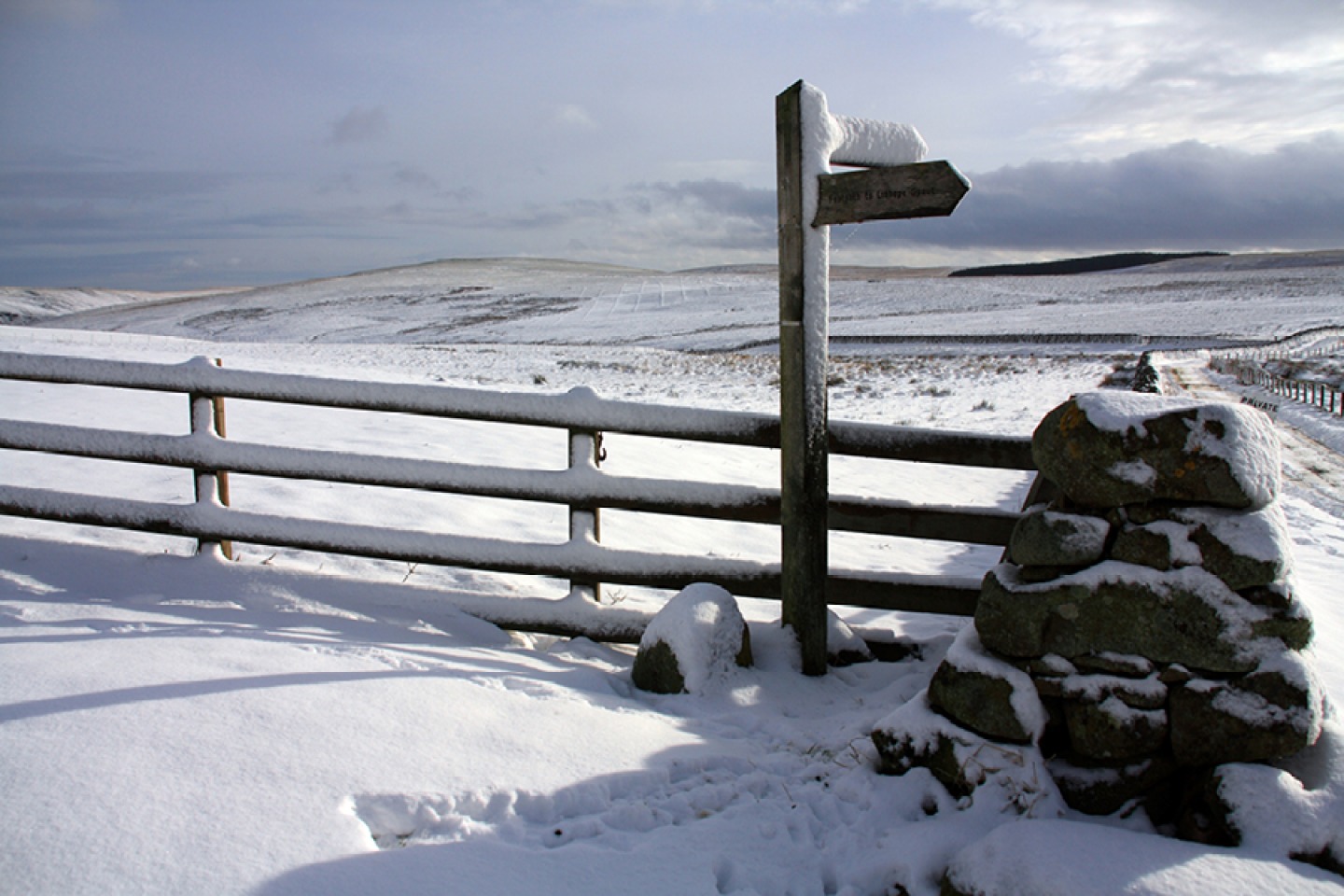
Paul was surprised at how recent some of this lost vocabulary was. ‘There’s a great dictionary of Antarctic English, which is jargon used by researchers of the South Pole, and it was published about 20 years ago. Usually I’m talking about words that are 200 years old, but as long as it had a good enough story, it made the cut. It had to be something that most people wouldn’t have heard of before. It has to have a really interesting story or a really evocative meaning. I like words that give you a name for something that you didn’t realise had a name. I remember the Antarctic book had a word I really like which was degombling, which is where you knock clumps of snow off your boots when you go inside.’
Unsurprisingly, many of the words and phrases are regional, having fallen out of style as they were not widely-used enough or effectively recorded. ‘A lot of the words in the book are dialect words that may not have been used outside of certain counties,’ Paul explains. ‘I didn’t want it to feel like a real dictionary where you sit and go through cover to cover, so I’ve just noted them down as dialect words rather than pinpointing individual counties, but there are definitely some Old Scots words, North Country words and Northumbrian words. There’s a great word, doggindales, which is patches of mist that cling to the hillside. I think it literally meant dank in the dale but it’s been mangled over the years.’
During his research Paul was taken aback by how much the British love to chat about the weather. ‘It’s interesting, there’s a joke that the Inuit people have 50 words for snow, and I was aiming to have one chapter on winter weather, but I had to split that chapter in two because we just love talking about the weather,’ says Paul. ‘There’s so many words to do with snow, ice, wind and rain. That was one thing that really came out of it. I knew there was going to be a weather chapter, but the number of different words that we have for things like light drizzle, big puddles, and going outside without wearing enough clothes and being freezing cold – it really taps into the Britishness of not being fully braced for winter when it finally arrives.’
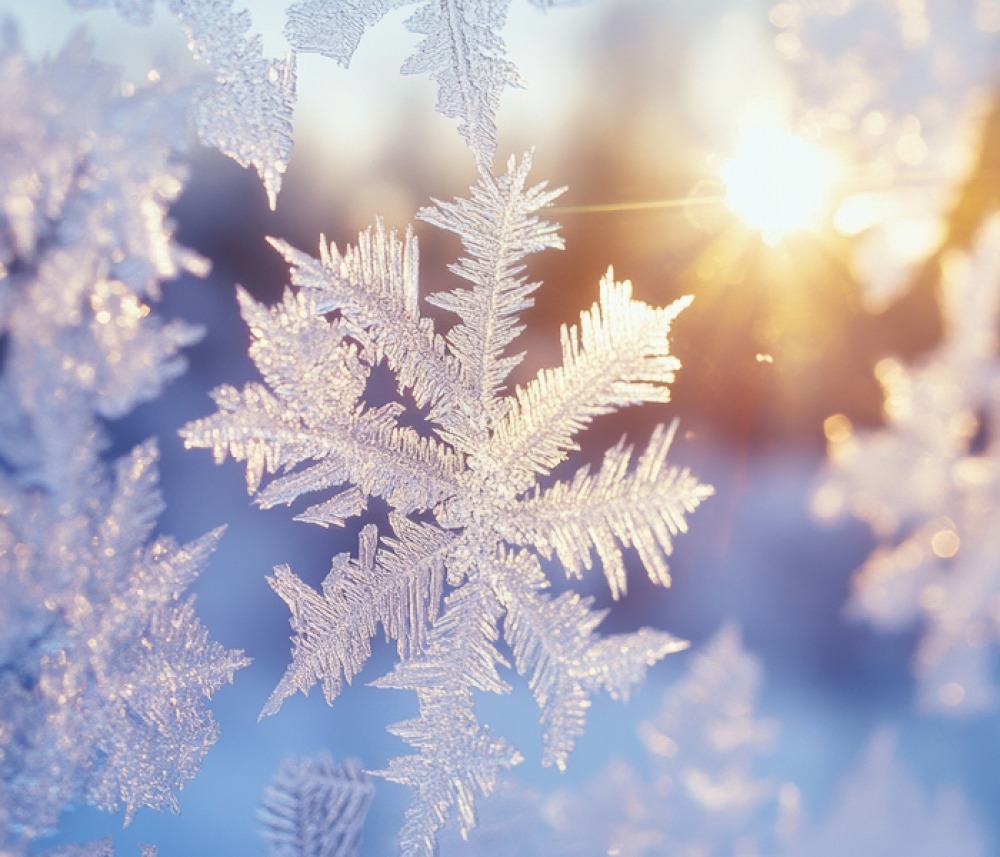
The chapters dedicated to the lead-up to and celebration of Christmas are packed full of jolly words and sayings (mostly concerning overindulgence). ‘It was good fun. I wanted to include two chapters, one of which ended up being Winter Blues because I know that people can get really down at this time of year, but I wanted to do the opposite of that too because it is such a fun and joyful time,’ Paul explains. ‘I think it’s ended up quite nice in that it acknowledges the fact that it can be quite a tough time of year, but then goes straight into seeing your friends, taking a break from work and eating and drinking a bit too much. It’s fun to find the antidote to that as much as anything and there are some great words in those chapters about celebrations.’
Despite their age, many of the words are all too familiar in their meaning – who isn’t struck with primusophobia (the fear of being the first to arrive at a party) from time to time? And almost everyone struggles to be productive during the Daft Days (the time between Christmas and New Year). ‘It goes back to this thing of the human condition where as soon as you see that there’s a word for something, it’s like a little pat on the back to know you’re not the only person who has felt this,’ Paul says. ‘There is a word, cyclonopathy, for an abnormal sensitivity to a change in the weather – when it gets a bit dark or it gets bit cold, and you feel down. There are a lot of people who do feel like that when the seasons start to change, but the fact that there’s a word for it means that someone in the past has decided this is a thing that we all feel. Whenever there is a word like that it makes you realise this is not something you’re enduring alone, and you’re not the only person in the world experiencing it.’
After nearly 200 pages and hundreds of words, does Paul have a favourite? ‘Not just one of my favourite words in the book, but one of my favourite words I’ve ever come across is powl, which is to leave work early to go to the pub. I remember coming across that in an old dialect book. People have been trying to do that for as long as possible. That word is nearly 200 years old, but that feeling is still as relevant as ever!’
Paul shares his top picks
Blewse
‘This was one of the first weather words I stumbled across for the book, and it’s really stuck with me. A blewse is a thin, cold, bluish mist – just the kind of mist that might form on the first really chilly morning of winter. I think the reason that I like it so much is its simplicity: etymologically, it’s just a playful alteration of the word blues.’
Chibbly
‘This is one of the words that gave us the idea for the book in the first place! It’s a really lovely dialect term from the mid 1800s, at least. Ground that is chibbly is crisp and brittle with frost, and so crunches and splinters apart when you walk across it. (In a similar vein, the light crunching sound of walking across fresh snow is called crumping.)’
Angel visit
‘An appropriately festive reference to the apparent infrequency of heavenly visitations here on Earth, an angel visit is any event (like a catch-up with an old friend) that happens all too infrequently and is over all too briefly.’
Surveyor of the highways
‘I noticed in compiling the book that English has an awful lot of words for bad weather, and almost as many again for the symptoms and aftereffects of drunkenness. This is one of the best of that second bunch – a slang term from the 1700s for someone dawdling their way home from the pub with their head lolled down as if inspecting the roads as they go.’
Newcastle hospitality
‘On the subject of food and drink, this word from the 1800s proves the infamous friendliness of Geordies is by no means a modern thing: Newcastle hospitality is an almost overbearing friendliness towards house or party guests.’








